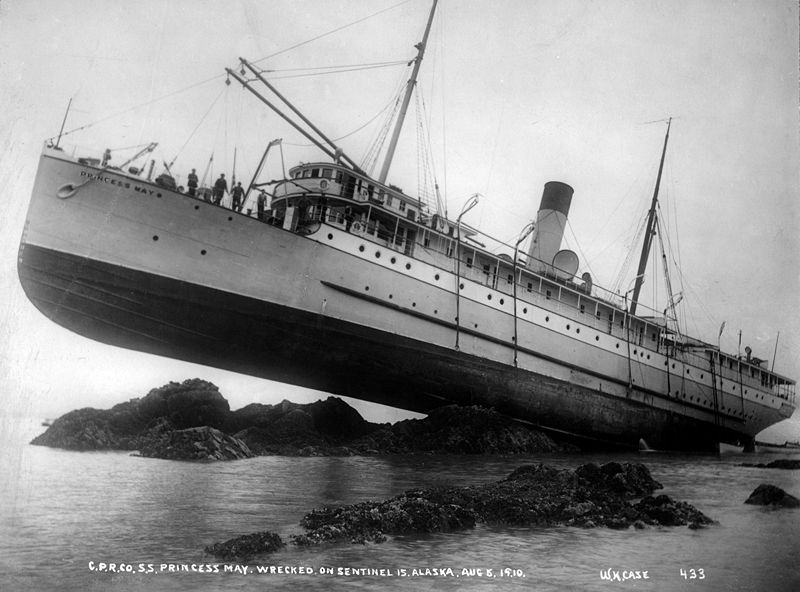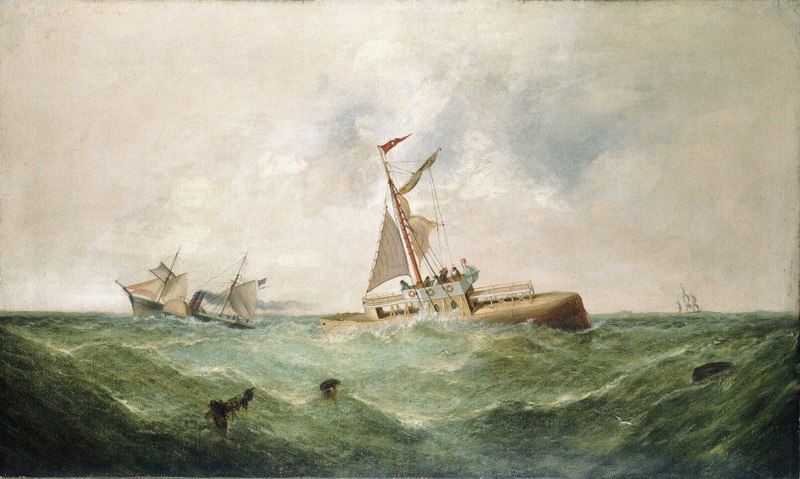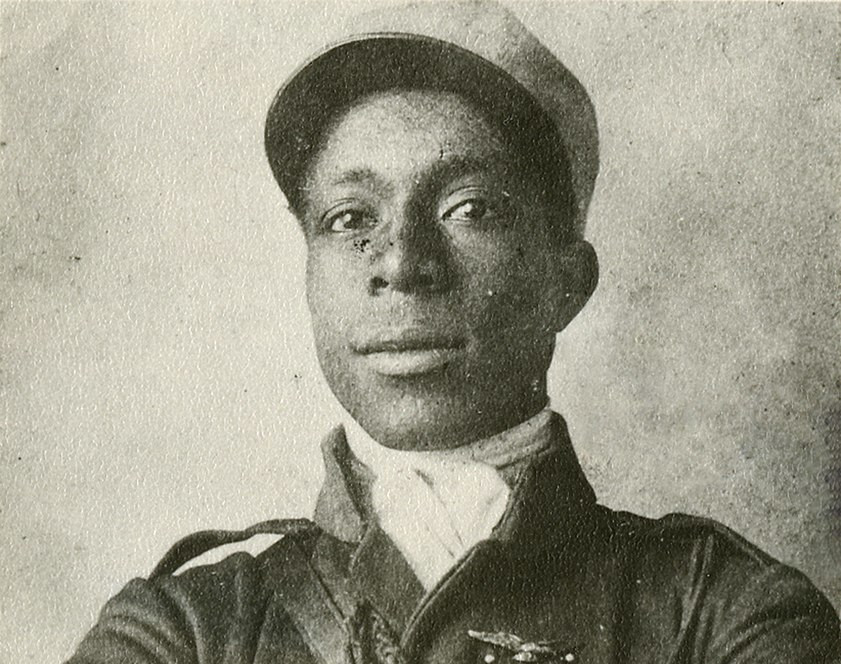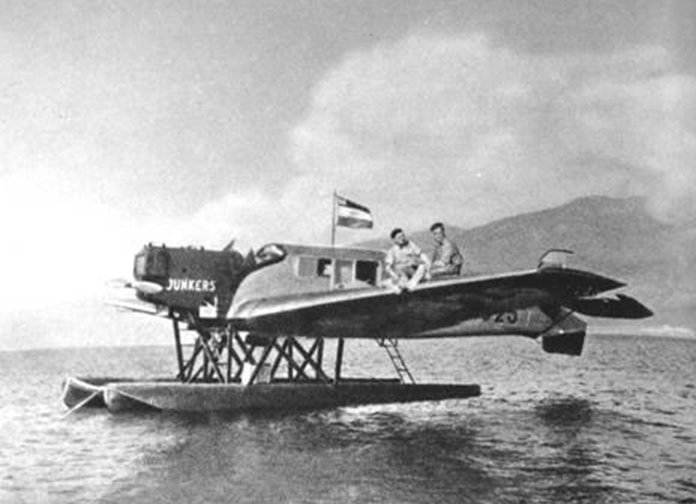In 1865, shortly after the first steam-powered horseless carriage appeared on English highways, Parliament ordered that a man must precede it on foot, carrying a red flag by day or a lantern by night, to warn others of the impending noise:
Firstly, at least three persons shall be employed to drive or conduct such locomotive, and if more than two waggons or carriages be attached thereto, an additional person shall be employed, who shall take charge of such waggons or carriages;
Secondly, one of such persons, while any locomotive is in motion, shall precede such locomotive on foot by not less than sixty yards, and shall carry a red flag constantly displayed, and shall warn the riders and drivers of horses of the approach of such locomotives, and shall signal the driver thereof when it shall be necessary to stop, and shall assist horses, and carriages drawn by horses, passing the same.
Vermont passed a similar law in 1894, requiring the owner of a steam-propelled vehicle to have a “person of mature age … at least one-eighth of a mile in advance of” the vehicle, to warn those with livestock of its approach. At night this person was required to carry a red light.
Both measures were repealed in 1896 — by which time the internal combustion engine was already being developed.








